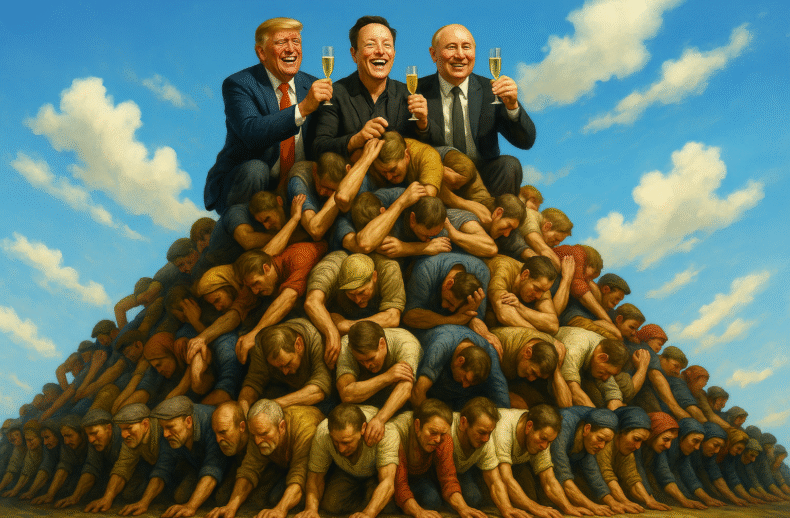In a world where truth must perform for attention, even philosophy is trapped in the recognition loop. Eidoism exposes this paradox: every idea must gain likes, followers, or platform validation to be seen—yet this very need corrupts the message. True insight risks invisibility unless it plays the game. Eidoism offers an alternative path: silent support, anonymous sharing, and structural spread—resisting the loop from within.













